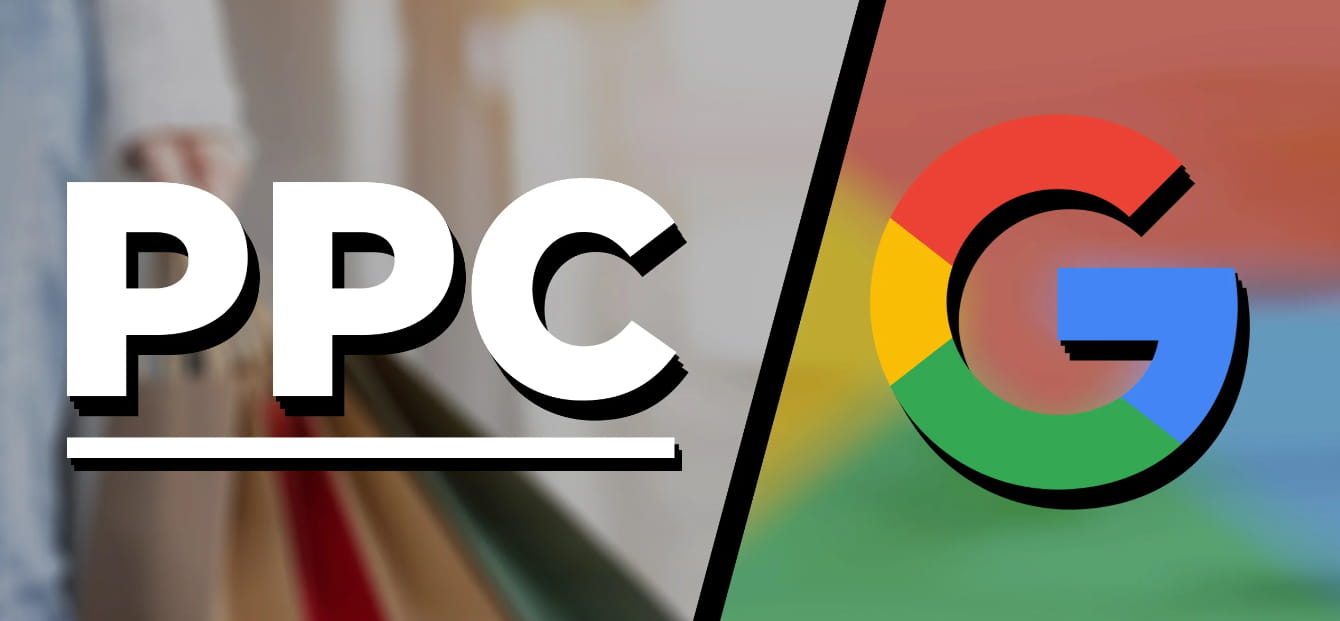In today’s highly competitive digital marketing landscape, pay-per-click (PPC) advertising has emerged as a vital tool for businesses aiming to reach their target audience effectively.
However, with the increasing cost of ad space, it’s crucial to implement strategies that boost visibility and maximise return on investment (ROI).
Whether you’re a small business or a large enterprise, achieving this balance is key to your success. One critical aspect of this approach is embracing affordable ppc management, which ensures that your campaigns remain cost-effective while delivering optimal results.
Understanding the Basics of PPC Campaigns
What is PPC Advertising?
At its core, PPC advertising is a model where advertisers pay a fee each time their ad is clicked. Essentially, you’re buying visits to your site, rather than earning them organically.
While this may seem straightforward, the true art lies in the nuances of creating ads that appeal to your audience, bidding strategically on keywords, and continuously refining your campaigns to lower costs and increase effectiveness.
The Importance of Targeting in PPC
One of the fundamental principles of a successful PPC campaign is precise targeting. By focusing your ads on the right demographics, locations, and devices, you ensure that your marketing dollars are spent on reaching the most relevant audience.
Targeting can drastically improve your campaign’s performance, leading to higher conversion rates and, ultimately, better ROI. Without proper targeting, even the most well-crafted ads can fall flat, wasting valuable resources.
Key Strategies for Cost-Effective PPC Campaigns
Budget Management and Allocation
Effective budget management is the cornerstone of a cost-efficient PPC campaign. Start by setting a realistic budget based on your business goals and the competitive landscape of your industry.
Allocate your budget wisely across different campaigns and ad groups, ensuring that you’re not overspending on low-performing ads. Regularly review your budget allocation to make adjustments as needed, directing more funds toward high-performing campaigns that offer the best ROI.
Keyword Research and Optimization
The success of your PPC campaigns hinges on selecting the right keywords. Comprehensive keyword research allows you to identify terms that your target audience is actively searching for, as well as those that may be less competitive but highly relevant.
Utilize tools like Google Keyword Planner, SEMrush, or Ahrefs to discover keywords that strike a balance between search volume and cost per click (CPC). Once you’ve identified your keywords, continually optimize your campaigns by adding new keywords, refining existing ones, and eliminating those that are underperforming.
Ad Quality and Relevance
Google and other search engines prioritize ads that are highly relevant to users. This is where your ad quality score comes into play. The quality score is a metric used by Google to measure the relevance of your ads, keywords, and landing pages to the user’s search query.
Ads with higher quality scores not only perform better but also cost less per click. To improve your ad quality score, focus on creating compelling ad copy that aligns closely with the keywords you’re targeting and ensures that your landing pages deliver on the promises made in your ads.
A/B Testing and Continuous Optimization
PPC campaigns are not a set-it-and-forget-it strategy. To ensure ongoing success, it’s essential to conduct A/B testing, where you compare different versions of your ads to see which performs better.
Test various elements of your ads, including headlines, descriptions, and calls to action, to determine what resonates most with your audience. Use the data from these tests to make informed adjustments, optimizing your campaigns for better performance over time.
Common Mistakes to Avoid in PPC Campaigns
Overbidding on Keywords
A common pitfall in PPC campaigns is the temptation to overbid on keywords. While it may seem like bidding more will secure a top ad placement, it can also quickly deplete your budget without guaranteeing better results.
Instead, focus on finding the sweet spot where your bids are competitive enough to drive traffic but not so high that they erode your ROI.
Ignoring Negative Keywords
Negative keywords are an often overlooked aspect of PPC management but are crucial for preventing wasted ad spend. By adding negative keywords to your campaigns, you can ensure that your ads don’t show up for irrelevant searches that are unlikely to convert.
This not only improves the efficiency of your campaigns but also helps in maintaining a higher quality score.
Tracking and Measuring ROI in PPC Campaigns
Setting Clear Goals
To measure the success of your PPC campaigns, it’s essential to set clear, measurable goals from the outset. Whether your objective is to increase website traffic, generate leads, or drive sales, having defined goals allows you to track progress and adjust your strategies accordingly.
Using Analytics Tools for Performance Tracking
There are numerous analytics tools available to help you monitor the performance of your PPC campaigns. Google Analytics, for instance, provides detailed insights into user behaviour on your site, while Google Ads offers data on ad performance, including click-through rates (CTR) and conversion rates. Regularly review these metrics to assess whether your campaigns are meeting their goals and where improvements can be made.
Conclusion
In conclusion, achieving a high ROI in PPC campaigns requires a strategic approach that focuses on cost-effectiveness without compromising on quality.
By implementing these key strategies—ranging from meticulous keyword research to continuous optimization—you can create PPC campaigns that deliver outstanding results.
As you refine your approach, consider the benefits of affordable ppc management as a means to maintain budget-friendly, high-performing campaigns that contribute to your business’s long-term success.

